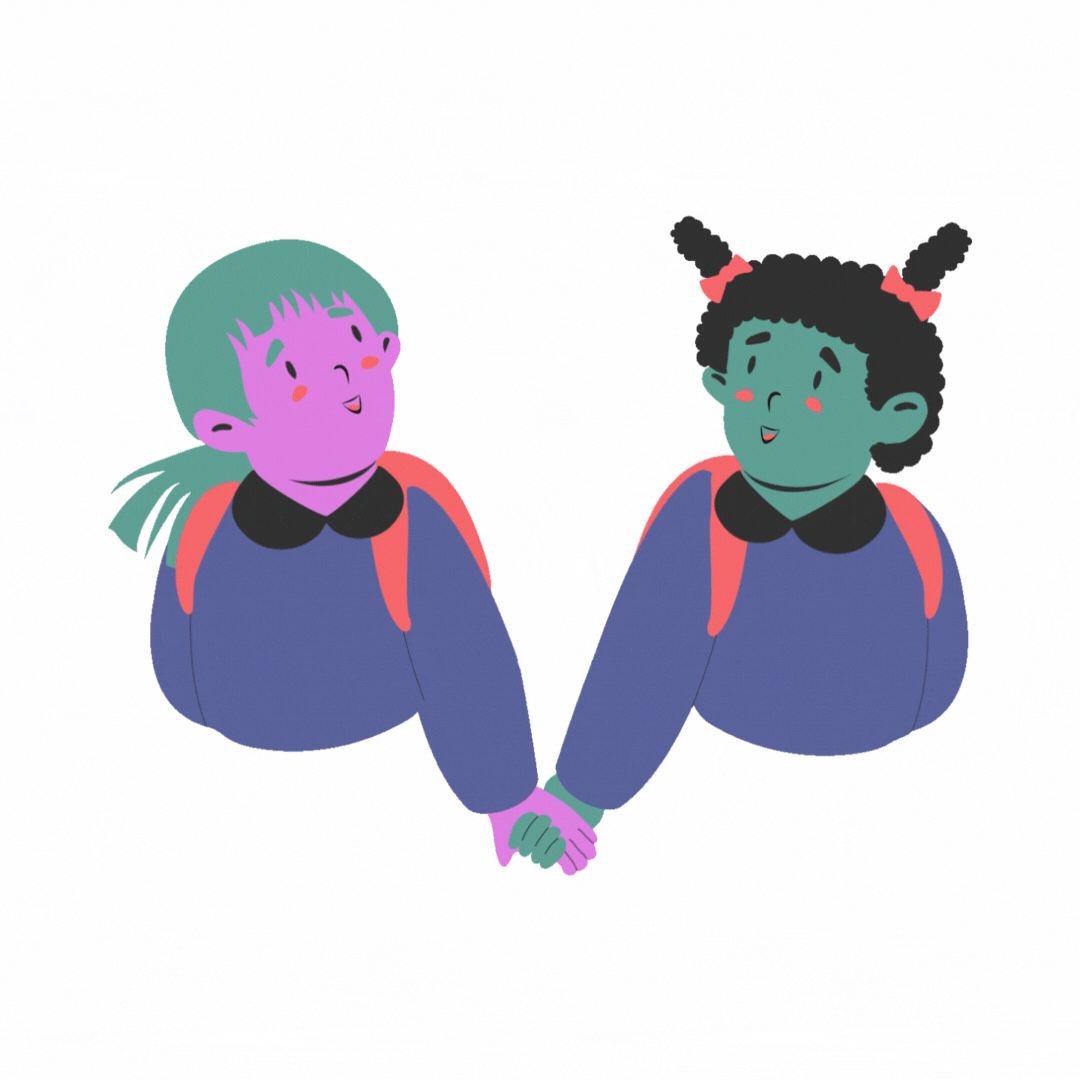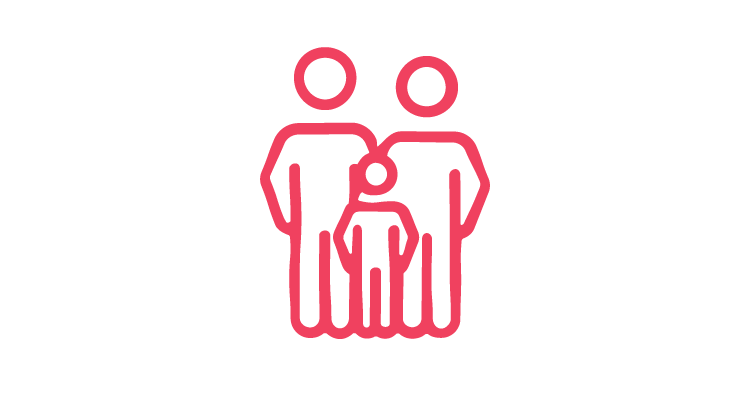We debuted a brand new workshop this month for a school whose elementary teachers wanted to get on the same page about young children with crushes, and healthy ways to respond. Lots of parents, caregivers, and educators have seen this social development, somewhere between preschool and 5th or 6th grade: having a crush, liking someone, maybe wanting to marry them, and then frequently a change of feelings and a new interest. It’s perfectly normal, at any age, and yes we agree that it’s often unbelievably cute. But the feelings are real and can be potent, so it’s important for trusted adults to not dismiss or minimize them—take advantage of the opportunity to affirm, normalize, build trust, and teach consent.
For lots of young children (and teens, and adults) the idea of a “crush” is a private but delicious secret or a fun insider discussion with close friends; choosing a target of affection may be more about peer-group approval and acceptance than an actual feeling of attraction or desire. It’s a chance to teach diversity: it’s ok if you feel that way, but it’s ok if you don’t; lots of people don’t have those feelings and you don’t have to either. If your child is assuming that everyone has a crush on someone of a different gender, you can point out that people have different kinds of attraction, normalizing LGBTQ+ identities and relationships. Disclosures about a crush are also an excellent opportunity to teach consent and respecting boundaries. It’s ok to want to be close to someone that you think is really cool; choosing special friends and investing in significant relationships is a wonderful developmental experience. But have a conversation about what boundaries sound like, and if someone doesn’t want extra attention, you need to respect their no and give them space. Context matters too—even two children who are in a mutually consenting special-relationship have a responsibility to not exclude others in a community setting. This goes for “best friends”, too. Are other children feeling left out? Can you include others while you’re at school, and we’ll plan a playdate for just the two of you when it won’t hurt other people’s feelings? Special relationships are wonderful, but participating in group experiences is important too, and plenty of adults would also benefit from learning to have both.
It’s normal for young children to experiment with trying on adult-size feelings, and they deserve to be heard and given some framing for how to understand and express those feelings in respectful, responsible ways. It’s totally adorable; it’s also a building block for exploring their own emotions as they grow, and for learning that they can talk to you, their trusted adult, about anything.




